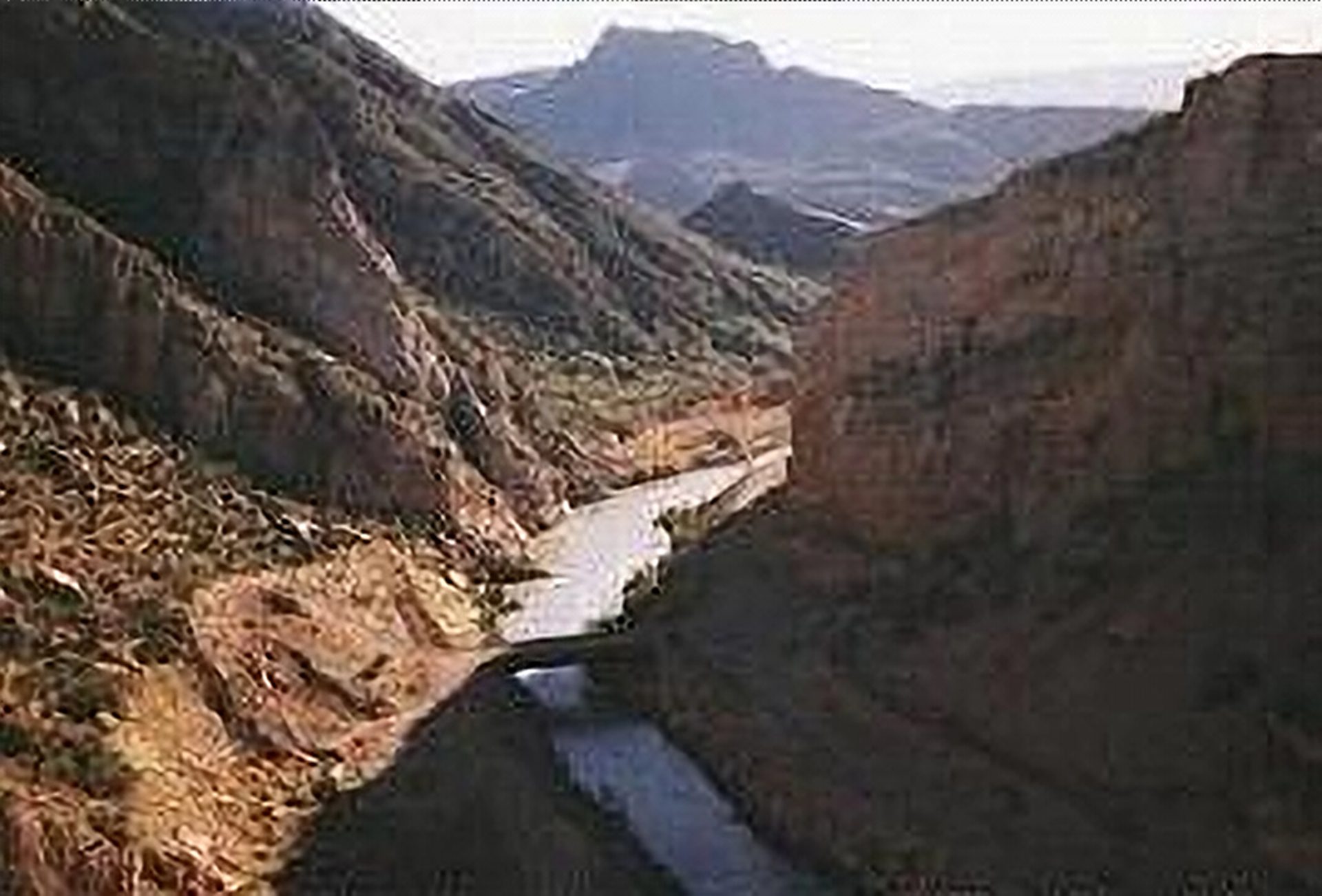- Court rejects exclusive jurisdiction claim, sends case back for trial.
- A federal court cannot claim exclusive control over all Gila River water disputes.
- The Gila River Indian Community (“GRIC”) may sue in federal court, but the case must go to trial—not summary judgment.
- The panel said GRIC had not proven the wells were tapping legally protected river subflow.
- The ruling upholds tribal rights but demands closer factual scrutiny of well impacts.
Thursday, July 31, 2025 — In a significant water rights ruling filed in Gila River Indian Community v. Schoubroek on July 24, 2025, the U.S. Ninth Circuit Court of Appeals reversed a key portion of a lower court decision that had favored the Gila River Indian Community (GRIC) in a long-running dispute over groundwater pumping near the Gila River in Arizona. The appellate panel affirmed the federal court’s authority to hear the case but emphasized that the jurisdiction is not exclusive and that the case must go to trial rather than being decided by summary judgment.
on July 24, 2025, the U.S. Ninth Circuit Court of Appeals reversed a key portion of a lower court decision that had favored the Gila River Indian Community (GRIC) in a long-running dispute over groundwater pumping near the Gila River in Arizona. The appellate panel affirmed the federal court’s authority to hear the case but emphasized that the jurisdiction is not exclusive and that the case must go to trial rather than being decided by summary judgment.
Background: Tribal Rights and Arizona Water Law.
The Gila River Indian Community, comprising Pima and Maricopa peoples, has long asserted senior water rights tied to its reservation, which borders the Gila River in south-central Arizona. At the heart of the case is whether nearby landowners—the Schoubroek and Sexton families—were unlawfully pumping underground water that should legally be reserved for the tribe, as it may constitute “subflow” of the river.
Under Arizona’s bifurcated water law system, surface water is subject to prior appropriation doctrine, meaning older rights take precedence, especially for tribal reservations. Groundwater, on the other hand, can generally be pumped freely by overlying landowners unless it qualifies as subflow, which is underground water that behaves like part of a surface stream and is legally protected.
The Lower Court Decision.
In 2023, a federal district court ruled in favor of GRIC, declaring that the defendants’ wells were tapping Gila River subflow and ordering the wells to be shut down. The court also held that it had exclusive jurisdiction over all such matters due to the historic 1935 Globe Equity Decree , which outlined rights to the Gila River’s mainstem for parties to the original suit.
, which outlined rights to the Gila River’s mainstem for parties to the original suit.
What the 9th Circuit Decided.
The appeals panel, however, found that neither the 1935 Decree nor the state’s ongoing Gila River Adjudication proceedings grant exclusive jurisdiction over water disputes like this one. The 1935 Decree governs only parties to the original action and does not bind future landowners such as the Schoubroeks or Sextons. Likewise, the state adjudication process had not yet asserted jurisdiction over these particular wells or claims.
This leaves the federal court with valid, but non-exclusive, authority to hear the case under a statute (28 U.S.C. § 1362 ) that allows federally recognized tribes to sue over property rights arising under federal law.
) that allows federally recognized tribes to sue over property rights arising under federal law.
Summary Judgment Reversed.
On the substantive issue of whether the wells at issue were in fact pumping Gila River subflow, the 9th Circuit found that genuine factual disputes remain. Arizona law presumes that groundwater pumping is legal unless proven otherwise by clear and convincing evidence. Although GRIC presented expert testimony suggesting that the wells may tap subflow, the court determined that such conclusions were not definitive enough to warrant summary judgment. The matter must now go to trial for further evaluation.
Past Dismissals Do Not Bar Current Case.
The court also rejected the defendants’ argument that a 2007 dismissal of a similar lawsuit precluded the current case. That dismissal, the court explained, occurred under a settlement agreement that only limited lawsuits against certain compliant landowners—criteria the defendants did not meet.
Implications Moving Forward.
The ruling preserves the ability of tribal nations to protect their reserved water rights in federal court but sets a high evidentiary bar for proving violations in groundwater cases. It also confirms that neither federal nor state courts have blanket authority over Gila River disputes, requiring future cases to be assessed on jurisdictional and factual merits.

